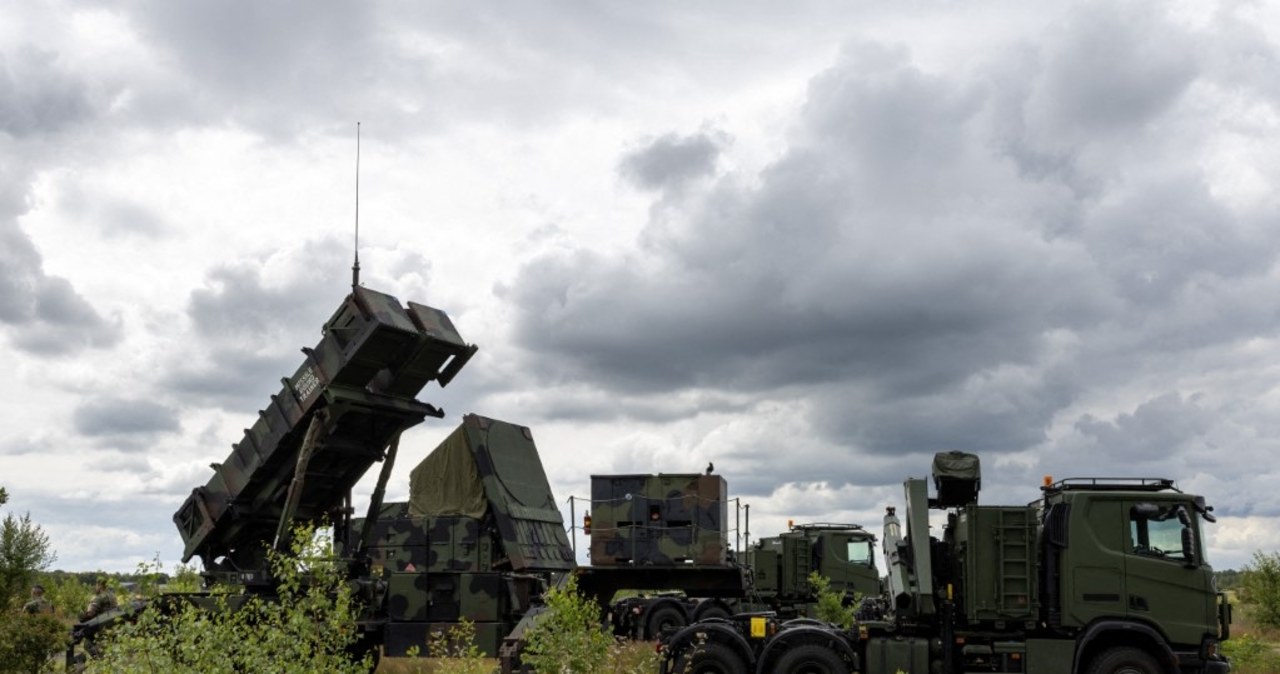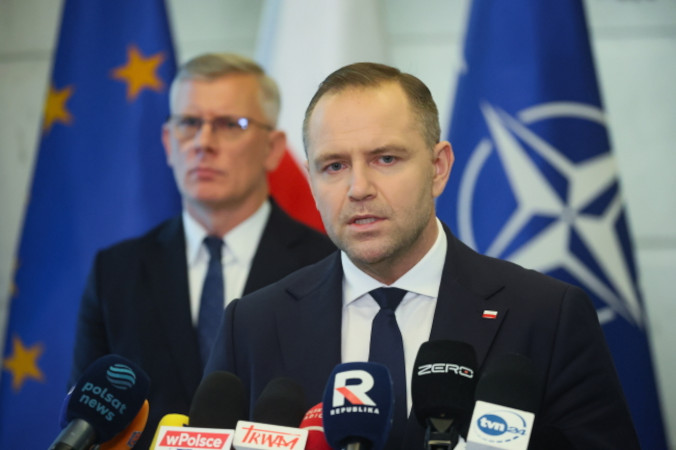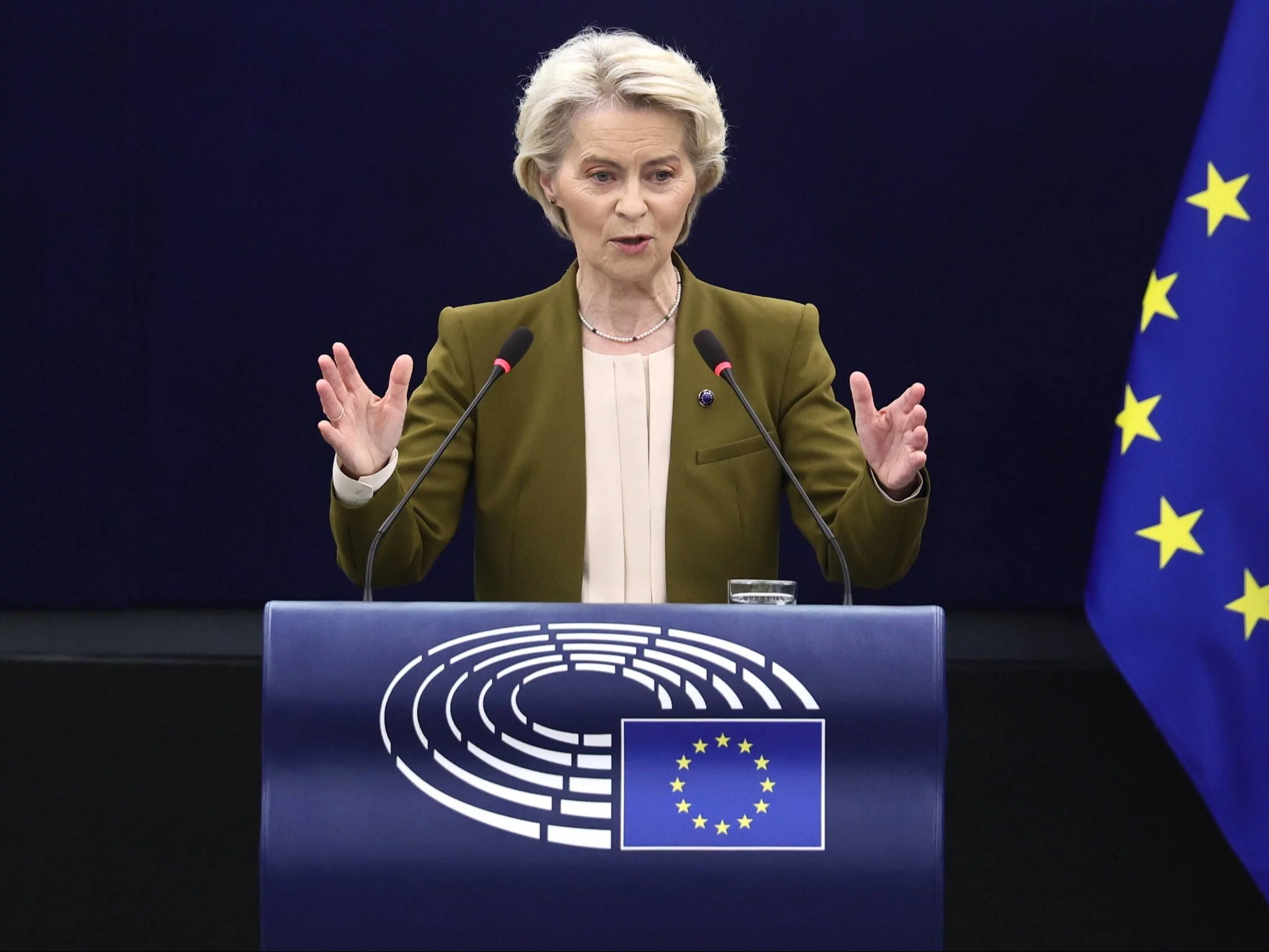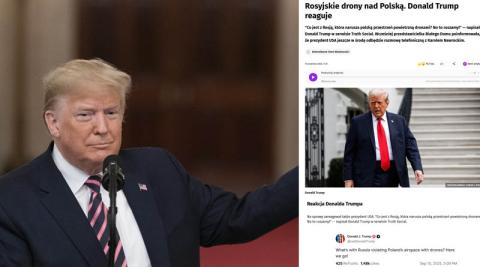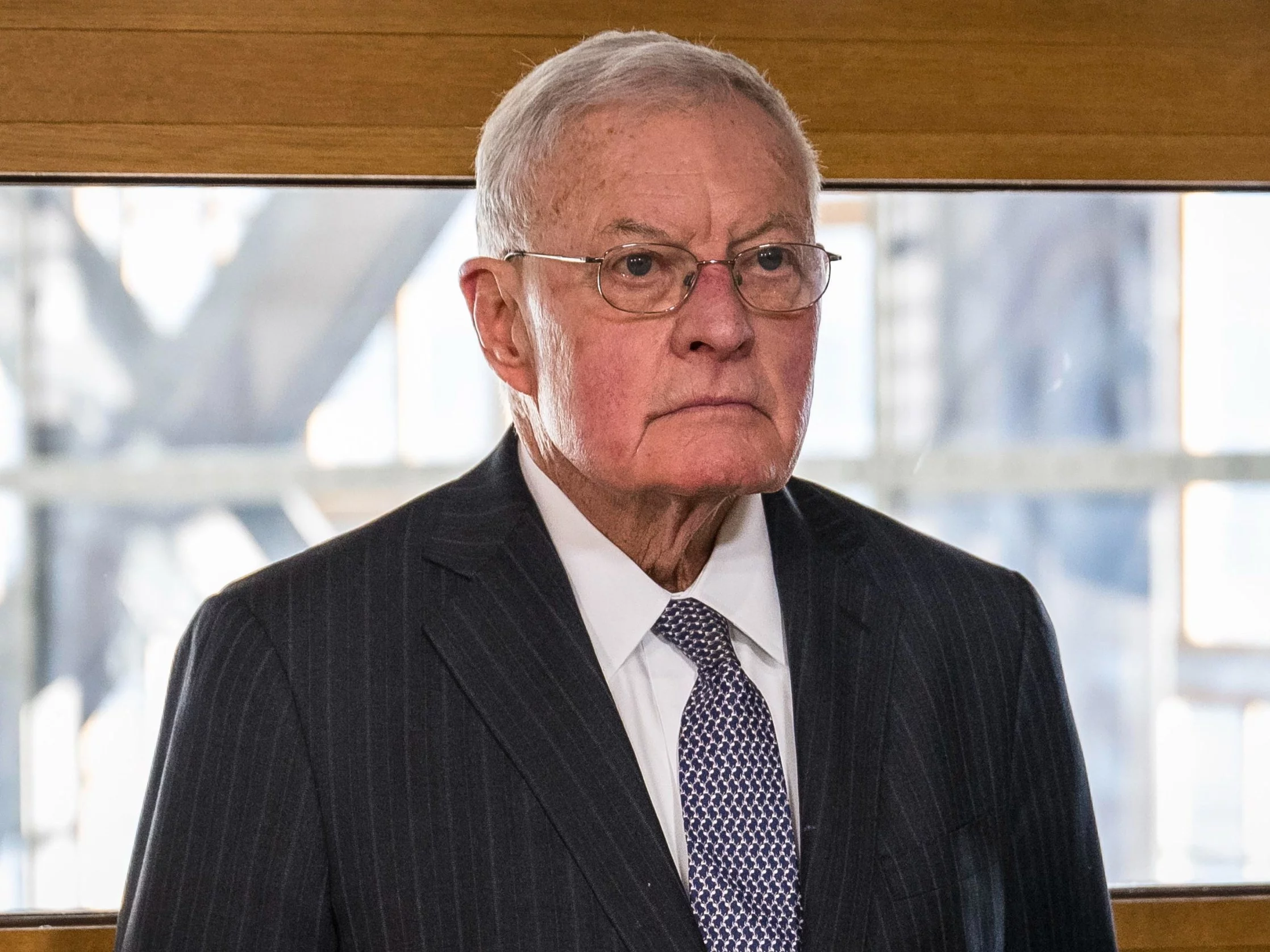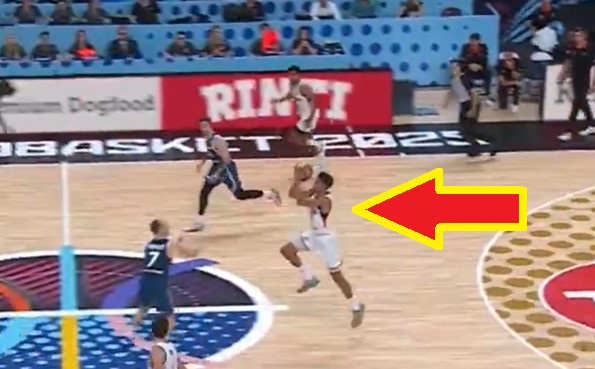The conflict between Ukraine and Poland is not about cereals. This dispute is only a visible sign to the public of a break in bilateral relations. Let us add that the inevitable, as Roman Dmowski predicted over 100 years ago, and what the politicians of the Law and Justice could not or did not want to see. This dispute is essential and results from a map, or geopolitics.
For the last year and a half, I have been constantly reading about myself as being a “Russian onus”. Not even due to the fact that I supported Russian aggression against Ukraine – due to the fact that I did not support it as a very unfavourable to Poland – but due to the fact that I did not feel sorry for Ukraine like Simon Holownia over the constitution. No, I didn't, due to the fact that I was certain that Ukraine would not be a friend of Poland. Not even due to Volyn and old history, but due to the map.
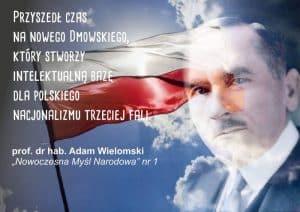
In 1908, Dmowski published the work “Germany, Russia and the Polish issue” in which he made an highly sober analysis of the geopolitical goals of Germany. He pointed out that Berlin has 2 enemies in its expansion to the east: Poles (as a nation, due to the fact that we did not have states at the time), who settle lands intended for German settlers, as well as Russia, which restricts the German march east militarily and politically. Hence Dmowski's view that Germany would stand on its head to awaken Ukrainian nationalism and to make a Ukrainian state that would push Poles from the east, simultaneously pushing Russia out of Europe. On the basis of Ukraine, the German economy will make a task which, a fewer years later, the German politicians themselves defined with Mitteleuropa. If a Ukrainian state had been created, would Kiev have agreed to this project, becoming an economical and political vassal dependent on Germany? Yes, due to the fact that he had no choice. Since Russia will not agree to the Ukrainian state, created at the expense of its historical cradle (Ruś Kiev) and pushing it out of Europe, it will not hesitate to take all steps to annihilate this statehood, including war. In this situation, the government in Kiev, having the choice of either annihilation under Russian pressure, or the preservation of statehood at the price of German control and economical exploitation, will choose a "minor evil", or a tribute to Berlin. And a tribute specified a Zelenski had just paid to Olaf Scholz, an expression of which was the public support of German aspirations for permanent membership of the UN safety Council.
The full politics of post-solidarity governments, based on the mirage created by Giedroycie and the swarms of the “Federal Poland”, relied on the belief that Ukraine would win in prompting the creation of a large alliance, or of the national Ucro Poland, which would defy Russian expansion to the west and German east. due to the fact that in the tide of the remnants of rationalism in Warsaw, it was realized that it was an alliance of 2 weak states against 2 powers, this task was wanted to be enlarged to various Trims, Międzymorz, etc., involving the United States as a guarantor of its existence. Those who read my texts know that I have always approached this thought with a deep reserve. I did not believe in the common interest of a twelve entities that were expected to make this structure; neither in their possible (hence the word "Nedzymoror") nor in the permanent American commitment. However, in Poland this task was believed, and all voices expressing doubts classified as “unocism”. In another words, reality was cursed to bend to the ideal. Paradoxically, in Kiev, where the diplomatic tradition and the practice of global politics barely exists, these dreams were not believed, choosing Realpolitik, not to say pure makiawelism. Why?
For a very simple reason. Poland was mainly active in "non-maritime" projects. So Kiev faced a choice. Either an alliance with a state of average possible like Poland against Russia and Germany simultaneously, or an alliance with an economical power like Germany against Russia and Poland. SWOT analysis (strong and weak) clearly indicated that it was better to be with Berlin against Moscow and Warsaw than with weak Warsaw against the Moscow-Berlin axis. That's why Kiev milked the Polish army out of all the weapons that could be seized, after which he turned the alliances makiawelically, getting along with Berlin. As a supporter of Realpolitik I do not condemn Ukraine, on the contrary, I admire the craftsmanship of this young and inexperienced diplomacy And I'm waiting for the mines to resign. Raua as politically liable for the defeat of the Polish east Policy, although of course she was outlined in the office of the supposedly infallible President.
In front of our eyes, the Polish task Międzymorz became a task of German Mitteleuropa. In Poland, no 1 expected this due to the fact that the media continued to uphold the story of the alleged German-Russian alliance. Yes, an alliance like this existed, but until 2022. In 2022, in Germany, the word “word of the year” was given to Zeitenwende, or “the breakthrough of the ages”. The German elite, after hesitation over the first months of the ongoing war, announced support for Ukraine and the war against the Russia-China alliance. This is seen by anyone browsing German portals concerning global affairs, Scholz's appearance and the not-volatile head of the MFA Annalena Baerbock. The Polish media ignored this fact completely, mocking the old helmets which Germany donated to Ukraine erstwhile we sent “Hard” and “Rosomaki”. Polish media, as well as the Polish political elite looking at them, did not see Zeitenwende German abroad policy, which with the alliance with Russia went into confrontation, whose aim is to build Mitteleuropa, whose central points are: 1/ admission of Ukraine to the EU; 2/ change of EU treaties towards a national state. That is why Kiev, at all costs wishing to escape from its dependence on Russia, paid tribute to Lenny Berlin and boldly went to a confrontation with Warsaw, whose Pisan government of specified federalization is very reluctant.
Adam Wielomski


